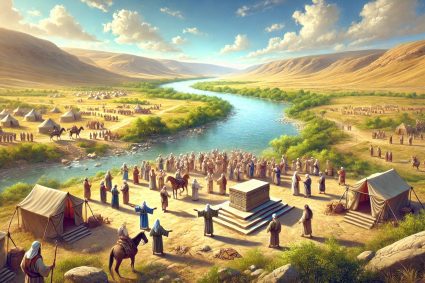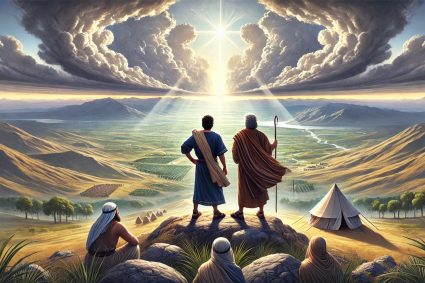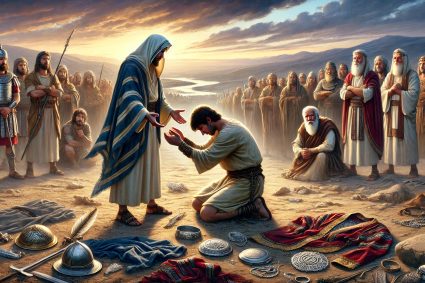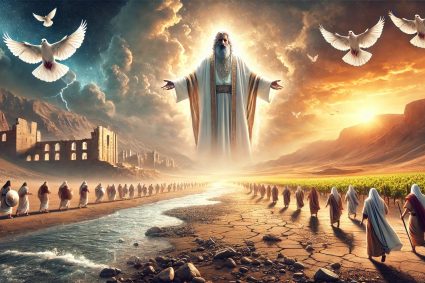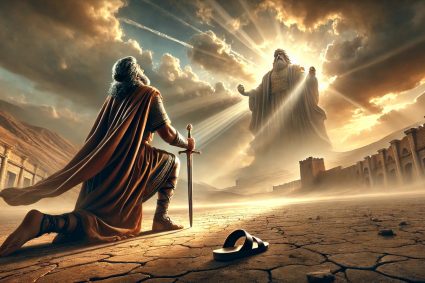
Series PSALMS with Pastor Mark Finley |
Lesson 9.Blessed Is He Who Comes in the Name of the Lord! |
Lesson 9 delves into the profound exploration of divine sovereignty and the unique role of Jesus Christ as the promised Messiah. This lesson illuminates various aspects of God’s sovereignty and care, starting from the image of the divine shepherd who sacrifices himself, to the eternal kingship and priesthood of Christ. By examining biblical texts from Psalms and other scriptures, we explore the significance and influence of these themes on understanding Christian theology and faith. This lesson invites deeper immersion into the meaning of God’s faithfulness, Jesus’ role as Messiah, and his unparalleled power and authority.
Memory Text: Psalm 118:22.23 – “The stone which the builders rejected has become the chief cornerstone. This was the Lord’s doing; it is marvelous in our eyes”
Content:
9.1 Divine Self-Sacrificing Shepherd
The image of God as the divine, self-sacrificing shepherd illustrates the intense care and guidance God provides for his people. Through the analogy of the shepherd and his sheep, the close relationship between God and his people is depicted, wherein God fulfills all needs and protects his flock. Jesus is portrayed as the good shepherd who is willing to give his life for his sheep and lead them to a united flock, demonstrating his immense devotion and love.
9.2 The Suffering Messiah
The suffering Messiah, as described in Psalm 22 and 118:22, portrays the deep rejection and suffering he endured while coming to save. Psalm 22 serves as a messianic prophecy fulfilled in the circumstances of Jesus’ death. Despite immense suffering, Christ unconditionally trusted in God. The cruel treatment and mockery he faced are depicted through the animal imagery of Psalm 22. Yet, despite his rejection, Jesus became the source of redemption for his people after his resurrection, revealing his divine destiny as the living cornerstone of the spiritual temple.
9.3 Forever Faithful to His Covenant
The Davidic Covenant promises the eternal continuity of David’s lineage and prosperity for God’s people. Though this covenant seems jeopardized by human failure, Psalm 89 reminds us that God’s anger does not last forever, and his love forgives sins. Hope lies in God’s unchanging intentions through the Messiah, who fulfills all promises. Jesus Christ is depicted as the true Firstborn, the highest king over the whole world, who receives dominion over all through his resurrection.
9.4 Eternal King of Unrivaled Power
Verses in Psalms 2, 110, and 89 portray Jesus as the eternal king of unsurpassed power. They show him reigning as the anointed king of the Father, possessing unprecedented honor and authority. His victory over enemies will be inevitable, and his scepter symbolizes not only sovereignty but also divine judgment. Blessing is promised to those who trust in him, and his people rejoice in his sovereign and just rule.
9.5 Eternal Priest in the Order of Melchizedek
Christ’s priesthood according to the order of Melchizedek is unique, as he is both king and priest, a concept never mentioned in the Old Testament. His priesthood surpasses that of human priests, as it is based on God’s oath and is not affected by sin or death. As the heavenly high priest, Christ can intercede forever and save his people, providing enduring certainty in God’s presence. His royal priesthood will abolish the rule of evil and subject every nation and ruler to his judgment, offering hope and trust in his perfect work.
9.6 Summary
Lesson 9 showcases the various aspects of divine rule and care through the portrayal of God as the divine shepherd, suffering Messiah, and ever faithful covenant partner. It underscores that despite human failures and suffering, God’s love and faithfulness remain unshakeable. Jesus is depicted as the eternal king of unsurpassed power and as the eternal priest according to the order of Melchizedek, highlighting his unique role and authority. His royal priesthood promises hope and trust for his people, as he advocates for both their redemption and just rule.
(Visited 18 times, 1 visits today)

